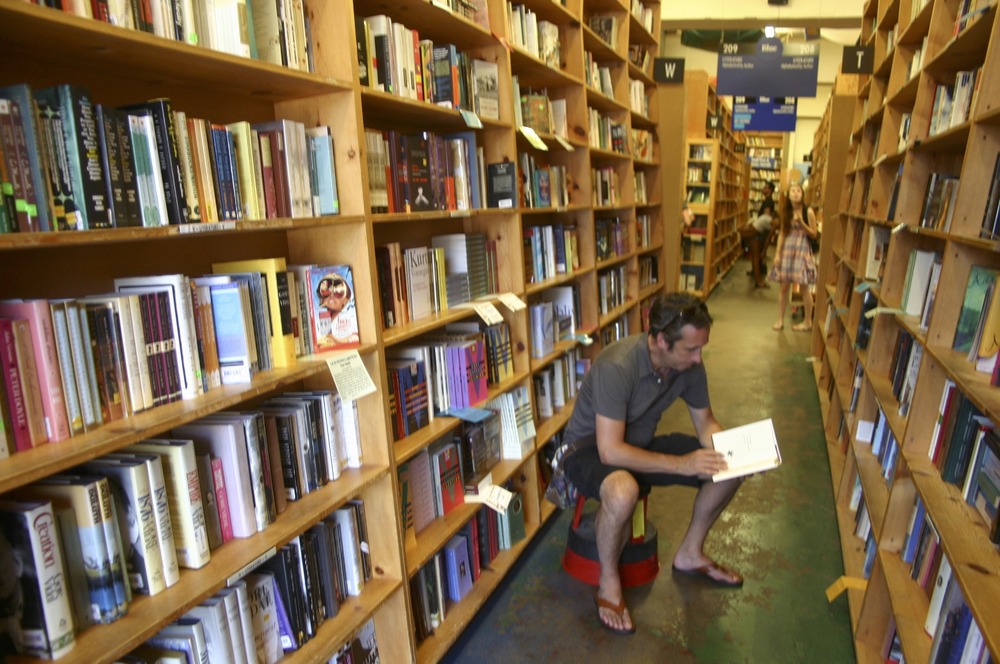
In an hour or so, I will be risking life and limb, and very possibly the immortality of my soul. I will, in other words, be spending the afternoon at the sea during o-Bon, Japan’s Buddhist festival of the dead. Call me reckless. Call me a fool, but I just can’t bear to let a sunny day like this go to waste, even if it is on the first day of the Bon, a day when Japanese superstition warns us that the lid of hell’s cauldron has been thrown open and evil spirits will drag you down to the Netherworld (地獄の釜の蓋が開いていて連れて行かれるから、お盆に海に入っちゃいけない: jigoku no kama no futa ga aitite, tsurete ikareru kara, o-Bon ni umi ni haccha ikenai).
I have written about this before, but during, and particularly after, the Bon festival, the beaches grow depressingly quiet. There are fewer people playing in the sand, even fewer in the water. Superstition plays a part in the desolation, but so do the jellyfish, which always manage to time their unwelcomed arrival in mid August. Just walking along the waterline can mean risking getting stung by a half-dead jellyfish that has washed to shore. I imagine that’s where the superstition originally comes from: not the threat of being pulled down to Hell, but to being stung by a jellyfish.
So as to not tempt fate, the only water I’ll be getting near this afternoon is the chaser I’ll have with my rum.
 Wednesday, August 24, 2011 at 10:14AM
Wednesday, August 24, 2011 at 10:14AM


 Shôrô-nagashi (精霊流し): lanters floating down a river on the last day of the Bon Festival returning the souls of the dead back to where they came from.
Shôrô-nagashi (精霊流し): lanters floating down a river on the last day of the Bon Festival returning the souls of the dead back to where they came from.